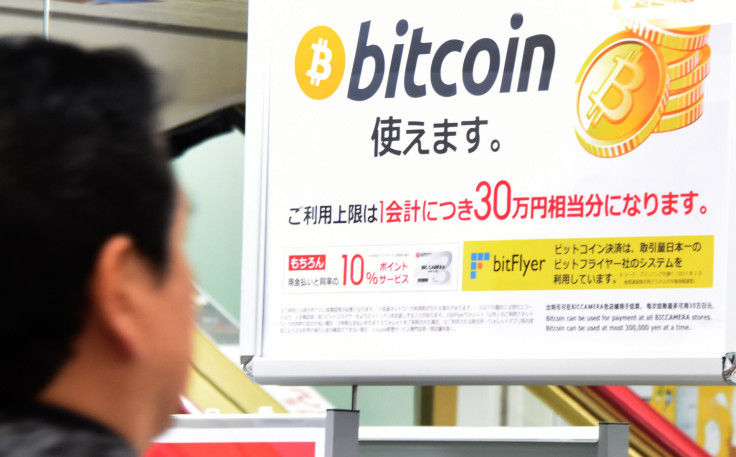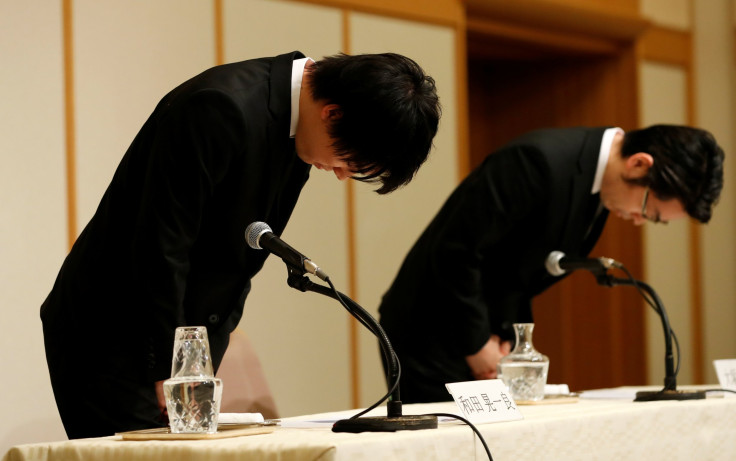Bitcoin, Other Cryptocurrencies Fall After Japan Cracks Down On 7 Exchanges

In a bid to ensure the financial security of investors putting money in cryptocurrencies, Japan cracked down further on exchanges of virtual currencies Thursday. The country’s Financial Services Agency (FSA) temporarily halted operations of two cryptocurrency exchanges, and asked five others, including the recently hacked Coincheck, to improve business practices.
The two stations asked to suspend operations for a month were FSHO and Bit Station. According to FSA, FSHO “does not have a proper system to monitor trading and has not given training to its employees,” Japan Today reported. As for Bit Station, an employee “diverted digital currency deposited by clients for his personal use,” the agency said.

Coincheck, which was hacked Jan. 26 — about $530 million worth of NEM tokens were stolen — is one of the 16 Japanese cryptocurrency exchanges the FSA had allowed to operate while they were still waiting for the outcome of their applications under a new licensing regime for digital currency exchanges put in place in 2017. Sanctions were placed on Coincheck following the hack, which was the biggest theft of cryptocurrencies in history. The exchange said Thursday it would start the process of reimbursing its customers next week.
Four other exchanges — GMO Coin, Zaif, Bicrements and Mr. Exchange — also face penalties, according to the FSA announcement. GMO Coin is a subsidiary of GMO Internet, a publicly traded company on Japan’s stock exchange. All five exchanges were instructed to submit plans to improve their internal systems by March 22.
Like Coincheck, Bit Station was also operating while waiting for a decision of its application, which it has now withdrawn. That means the exchange may shut down entirely.
Following the FSA announcement, cryptocurrency prices tumbled, which is common following most regulatory moves.
Bitcoin, the world’s best-known cryptocurrency, was trading at above $10,670 before the announcement, but fell by over $1,100 within an hour. It has recouped some of its losses since, climbing back up to over $10,000 by 5:30 a.m. EDT. But it still showed a loss of over 4 percent in 24 hours.
In the same time frame, ethereum fared better, losing just over 0.5 percent, while litecoin fell by about 1.6 percent during that time, according to prices on Coinbase.
© Copyright IBTimes 2024. All rights reserved.











